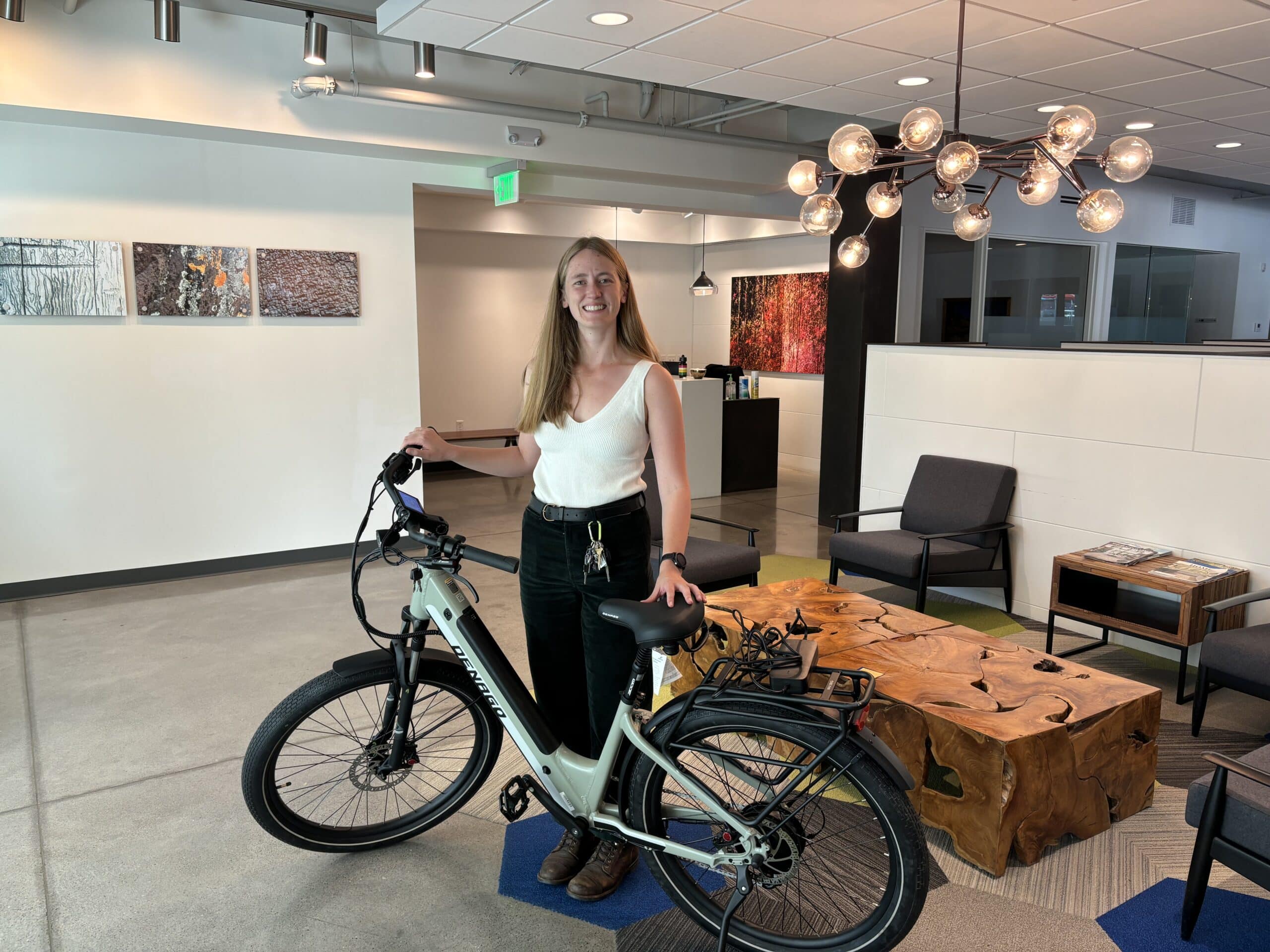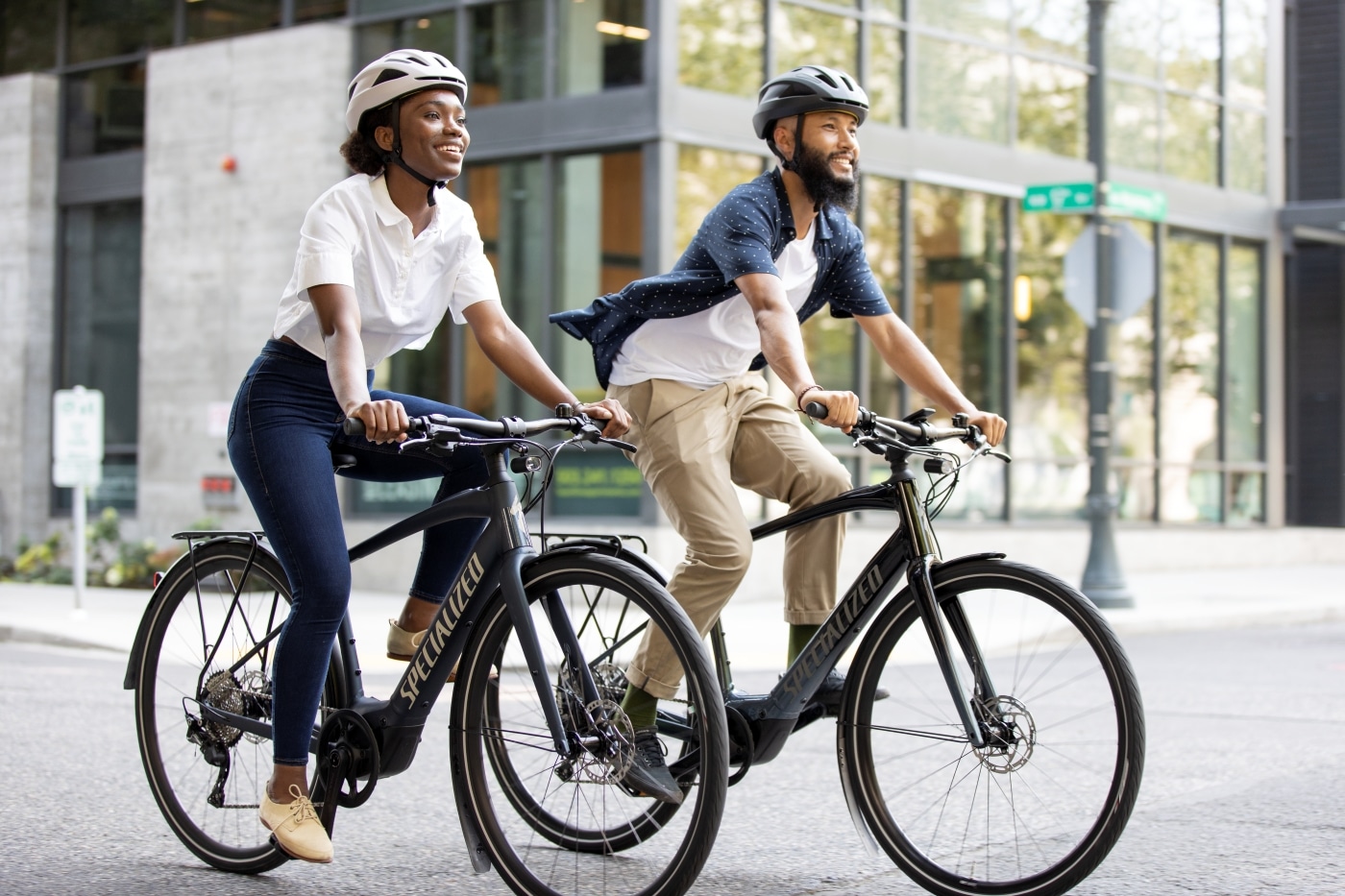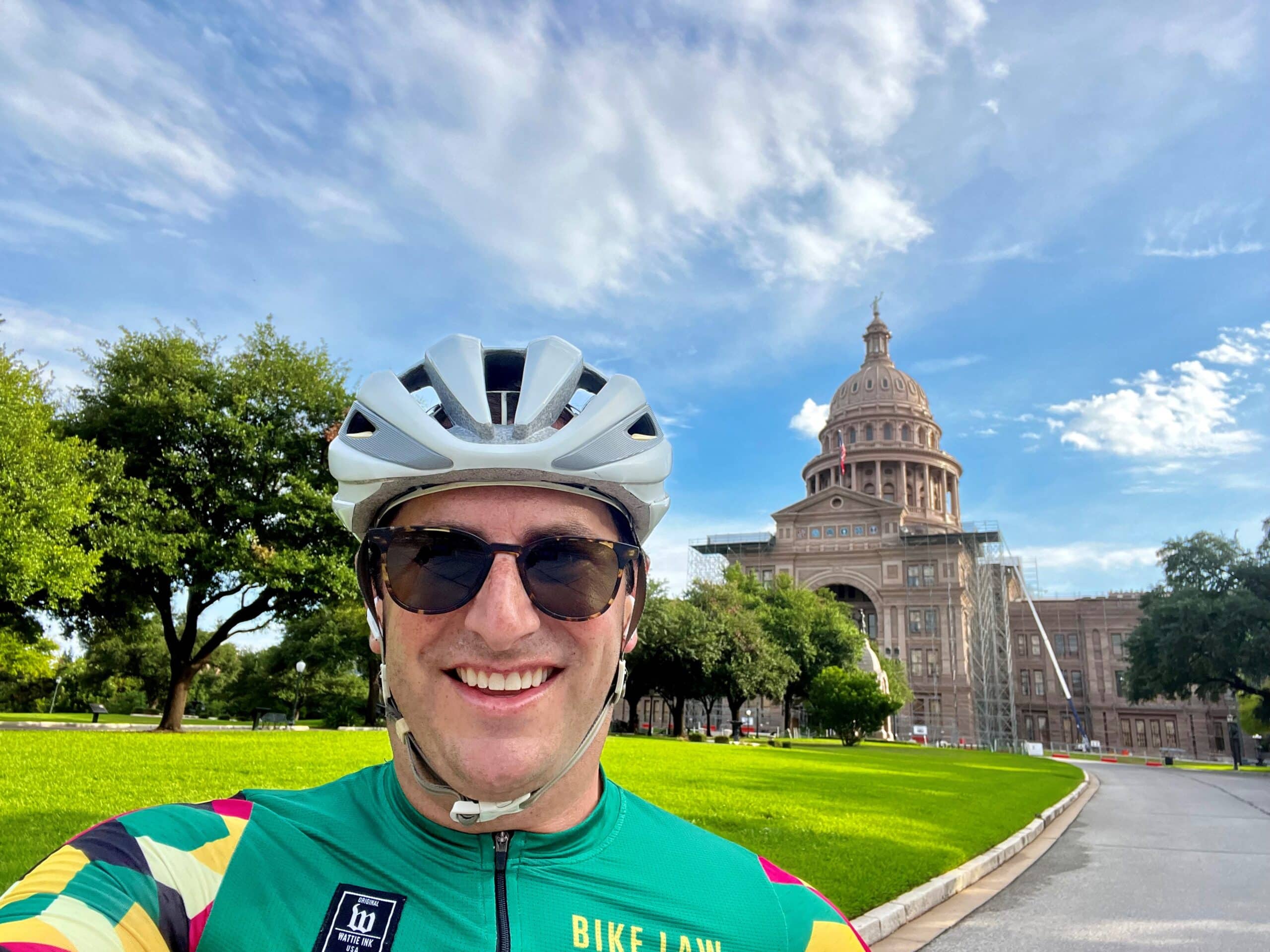Why I became a bicycle lawyer.
The one career choice I have made that has not raised the question, “Why would you do that?” has been joining the Bike Law Team.
For roughly the past five years, I was a prosecutor in Charleston, SC. The prosecution was great. I was assigned a very challenging caseload and fought hard for the victims in my cases. Because of the nature of the cases I handled, I had a higher percentage of trials than any other member of the office. I love the courtroom and I felt good about working hard for justice every day.
Violent crime wears on you, though, and all I was handling was violent crimes. I wasn’t burned out, but I was ready for something. I had no idea where I would go next and I had no plan to leave, really. I was at a turning point in my career and having no plan can lead one to consider any plan.
The bike was a constant, though. For over 36 years a bicycle has been my primary mode of transportation and recreation. As it has happened many times before, my bike brought me here.
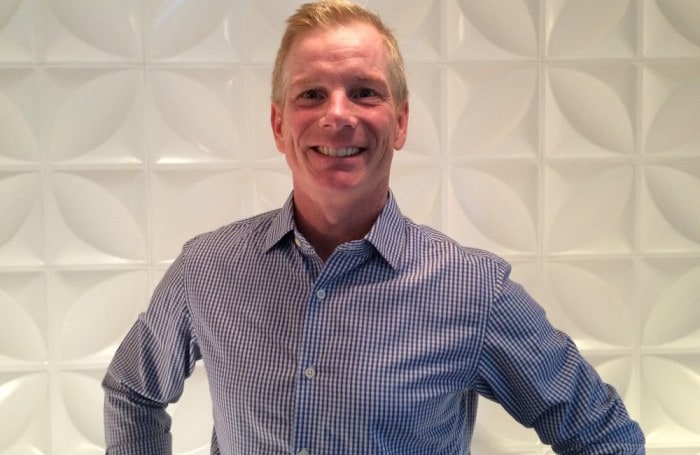
Bike Law Timmy Finch
When I started law school everyone knew me as a cyclist. I had been riding around Charleston, SC almost every day for the dozen years I’d lived here. Bikes were the only things I brought when I moved here. But what was I going to do as a lawyer? Everyone else in my class knew what they were going to do. “Civil defense,” “Prosecution,” and “Fight for the little guy” were all plans thrown around at orientation by kids that seemed a lot younger than me.
Several people told me about “Bike Law.” They suggested I meet Peter Wilborn. We met, we talked. I loved the idea of what he was doing and it seemed like a dream job. He wasn’t hiring, though. One thing I knew about law school was you had to get a job and start making connections fast. I had made a connection, now I needed work.
So, I worked in the City’s Legal Department and then for a big firm over the summers. After graduating, I became a prosecutor.
Then Peter and I met again. We talked about how Bike Law was growing.
I was still as excited about working to help cyclists as I was the first time Peter and I spoke. I was still just as concerned about injured cyclists getting the help they need. I knew that bringing my experience as a lawyer and a cyclist together was best and Bike Law was the place to do it.
I also knew that Bike Law was where I needed to be because of where I had been. After graduating college in 1992, I was a bike messenger in Washington, D.C. and at my happiest.
Being a bicycle messenger in the early to mid-1990s was fantastic. I was young, healthy and dreamt myself invincible. At the time, the last thing I was concerned about was following the laws, bicycle infrastructure, or general safety on the road. I was a badass and all that mattered was flying through the streets as fast as I could go on my bike.
Day in and out I wanted to push myself to be better and the work was fun. The bike(s) —mountain bike to road bike and then a track bike—made it more fun. I loved the pulse of the street and the outsider/outlaw status messengers had in the city.
Back then, my take on lawyers was that while they were making important decisions and doing important work, without messengers filing documents, serving process, and transporting their paper 12 hours a day to make deadlines, the work wasn’t getting done. In some ways we were running the city, but the city was running over us.
I had seen lots of friends injured while working on the bike. I had seen commuters injured, too. I had been hit a half a dozen times. In all of those experiences, I never thought about contacting a lawyer. It seemed to me that none of the lawyers I was in contact with on a daily basis “got” what being a cyclist was like.
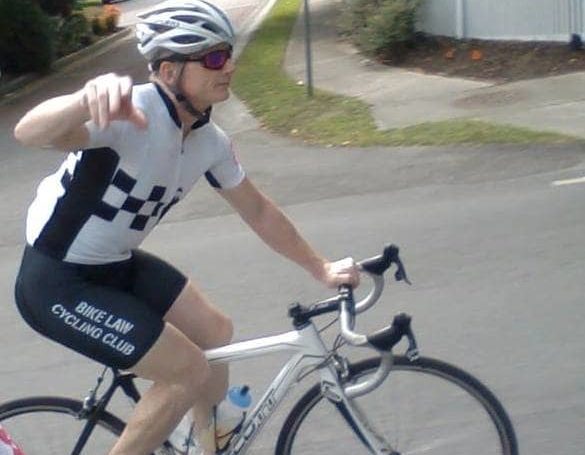
Timmy Finch at speed
It seemed like I wasn’t going to get a fair shake. It seemed like every time there was a bike collision all assumptions were it was the cyclist’s fault. I never thought anyone would take cyclists seriously.
Since then, I have continued to ride and have seen the slow change in how bikes and riders are viewed on the streets and treated in system. I have long wanted to be part of that change.
Once I found out about Bike Law, I knew that there were lawyers who “got” what being a cyclist was all about. I knew it wasn’t going to be a foregone conclusion that it was the cyclist’s fault. I knew that there were people who were working to change that perception and were ready to fight for cyclists. I wanted in on that.
Now I get to be in on it. Every pedal stroke has brought me here. It is the first time that my career makes sense.
Visit this link for a refresher on South Carolina bicycle law.
